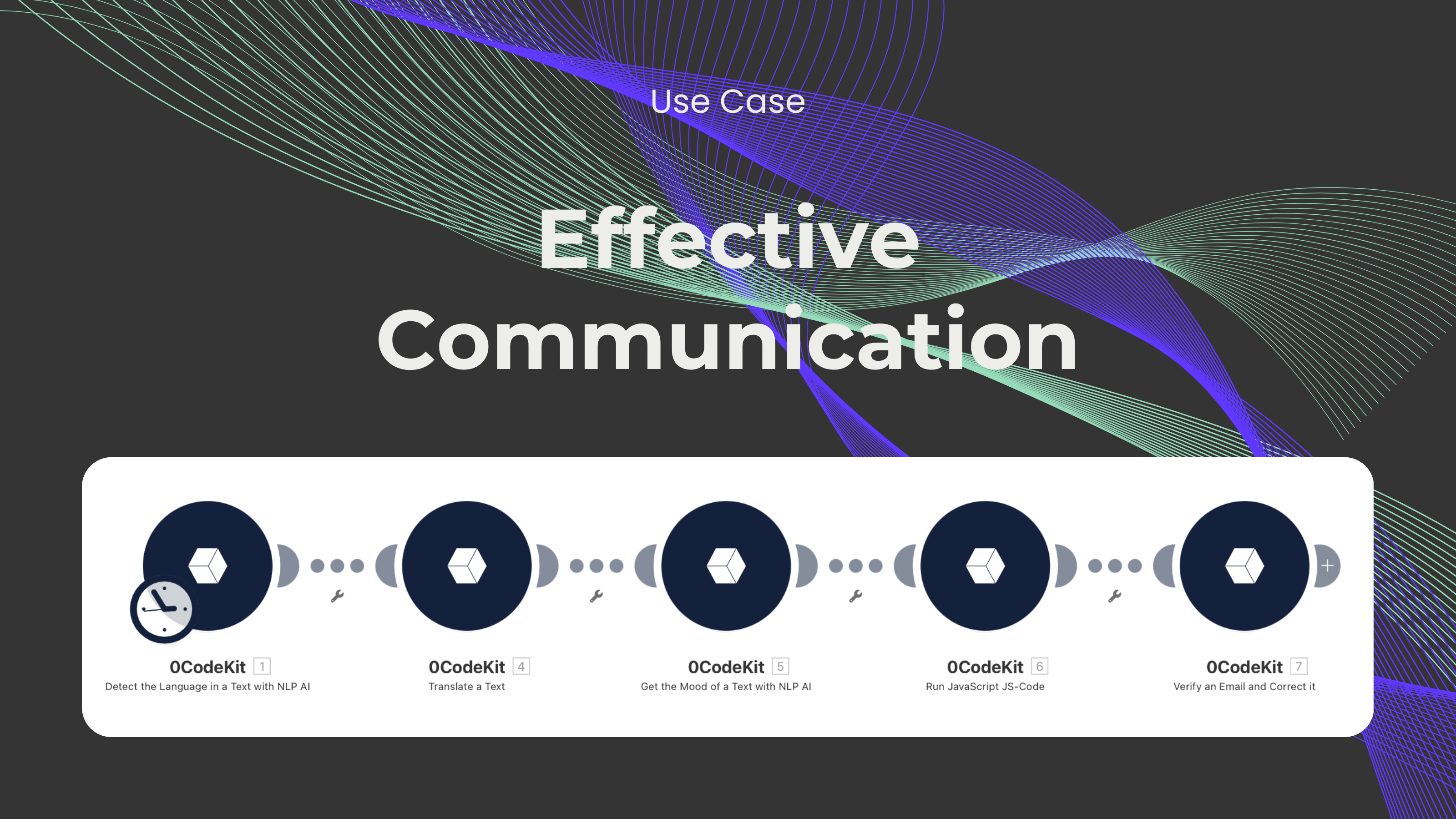All posts
Psychology of Layers
Explore the transformative art of image overlays in our blog, which delves into their subtle influence on perception and their use in enhancing visual storytelling. Discover how overlays create visual hierarchies, provide contextual framing, and more.
Auto Recharge & Top Up
Learn about the enhanced Auto Recharge & Top Up feature on 0CodeKit's interface, designed to streamline user credit management and prevent disruptions. In this blog, we detail new functionalities like a predefined auto-recharge limit and more.
Modifications to the Permanent Storage Endpoint
In this blog, we explore recent enhancements to 0CodeKit’s permanent storage feature, designed to meet growing cloud storage demands. We outline new storage limits, direct file download with URLs, and visibility of uploaded files, all while ensuring GDPR compliance.
10 Ways to Use Overlays
Explore the practical applications of 0CodeKit's Overlay two images endpoint in our blog, where we discuss 10 creative ways to enhance your projects. Learn how to transform images into compelling narratives and sophisticated designs.
Common Image Overlay Mistakes
Discover how to elevate your design skills by avoiding common image overlay mistakes. In this blog, we provide practical tips on maintaining resolution, alignment, colour harmony, and transparency, while emphasising the importance of consistency and context.
Common Audio-Video Merging Mistakes
In this blog, we explore common pitfalls in merging audio and video files for content creation. Learn how to avoid issues with synchronisation, audio quality, volume levels, background noise, format compatibility, and data storage.
AI with Model Context Protocol
Explore how Anthropic's MCP enhances AI model connectivity with real-time data sources. In this blog, we discuss MCP's client-server architecture, its rapid adoption and practical use cases like healthcare data access and automated meeting scheduling.
Website to PDF Conversion Automation
Discover how to automate the conversion of multiple websites into a single, ad-free PDF document that's easy to share, annotate, and store offline. In this blog, we guide you through setting up this automation using 0CodeKit and Dropbox.
Barcode System Automation
Learn how to efficiently generate and integrate barcodes into your workflow using the Generate a barcode endpoint. In this blog, we'll guide you through setting up this automation with tools like Google Sheets and 0CodeKit.
The Impact of Remote Work on Multimedia Creation
In this blog, we explore how remote work, spurred by COVID-19, has transformed multimedia creation. Discover how audio and video production has evolved with AI technology, flexible editing tools, and platforms that merge audio with video.
DALL-E vs. 0CodeKit
In this blog, we explore how Generative AI is revolutionising content creation by comparing OpenAI's DALL-E and 0CodeKit's Generate an image endpoint. Learn about their features, pricing plans, and how they enhance creative workflows.
April 2025 Endpoint of the Month
Learn how to merge audio and video using 0CodeKit's innovative tool, designed to simplify content creation for projects or social media. In this blog, we cover setup on automation platforms, allowing you to engage audiences and enhance workflow integration.
March 2025 Endpoint of the Month
Discover how to protect sensitive data with 0CodeKit's Redact sensitive information from PDF endpoint. In this blog, we explain how this feature ensures compliance with GDPR, enhances privacy, and integrates with other platforms for seamless workflows.
GDPR & The Redact PDF Endpoint
In this blog, we explore how 0CodeKit's Redact PDF endpoint ensures compliance with GDPR, a data regulation protecting personal information in the EU. Learn how the endpoint supports GDPR principles like data minimisation, explicit consent, and more.
AI & OCR for PDF Redaction
In this blog, we delve into how AI and OCR technologies optimise PDF redaction processes. Discover how OCR extracts machine-readable text, while AI algorithms enhance accuracy, categorise sensitive information, and ensure context-aware redaction.
.png)

